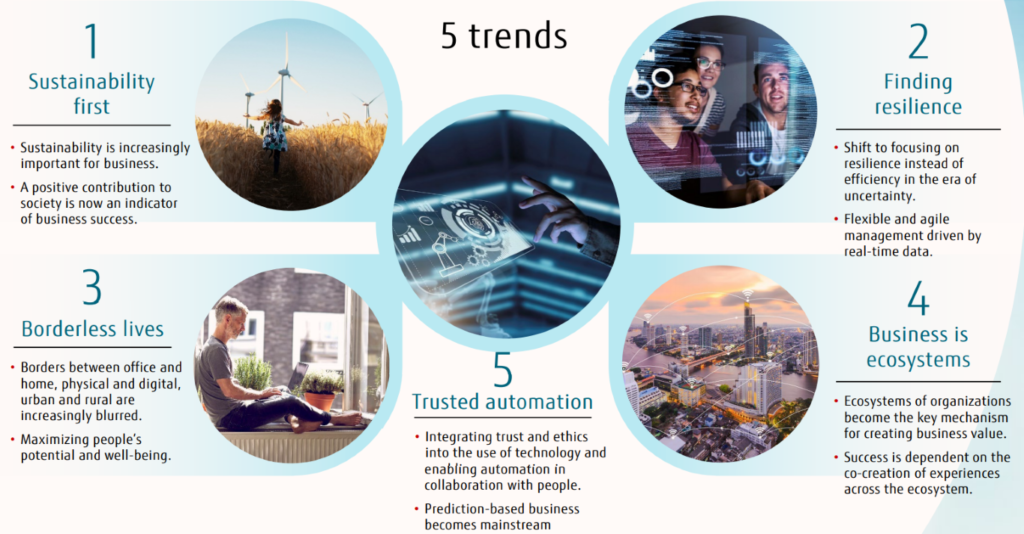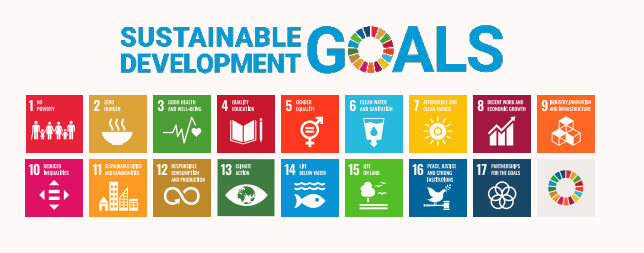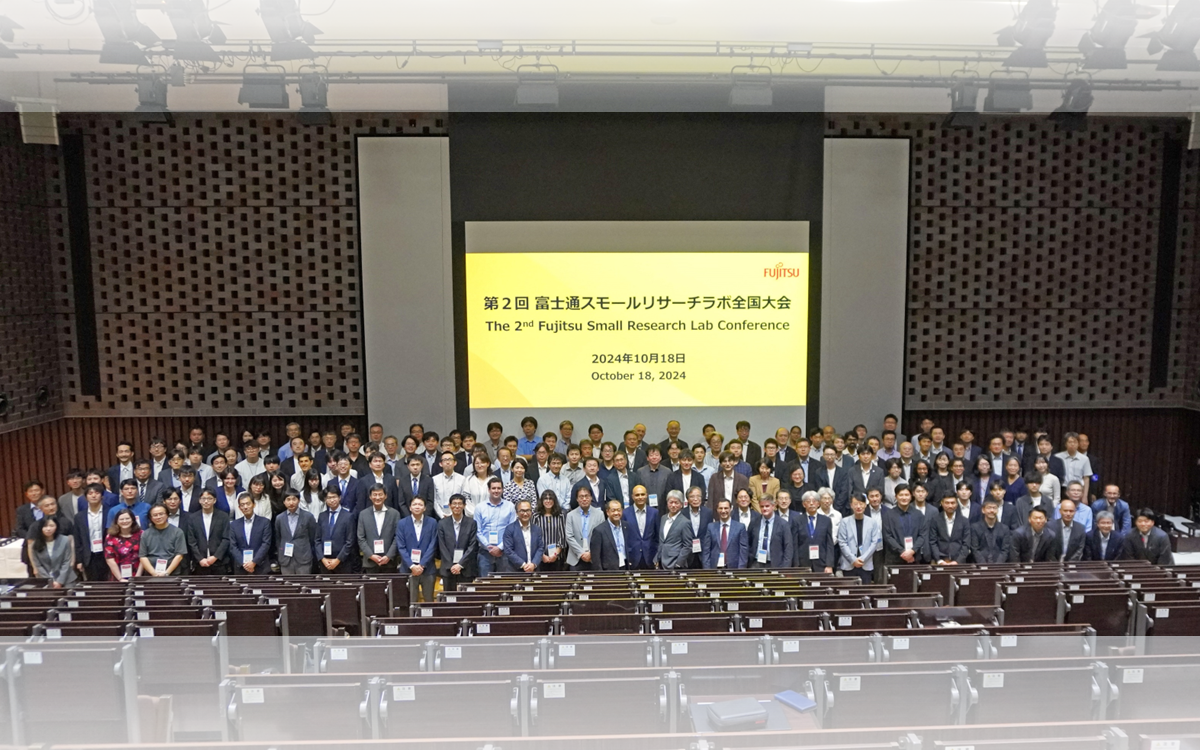
The past eighteen months have presented immense challenges to our societies, businesses and our lives around the globe. The impact of the COVID-19 pandemic remains ongoing, and its long-term consequences will only be truly revealed in the years to come.
Many factors were causing disruption across industry sectors even pre-pandemic. But COVID-19 has dramatically increased the pressure and accelerated change, transforming the way we live and work more rapidly than anyone could have expected.
For business and technology leaders, plotting a course through this disruption is immensely challenging. Organizations of all sizes have needed to make swift, bold decisions to ensure their immediate survival, whilst also reconsidering their long-term strategy in light of emerging changes.
Since 2013, we have updated our Technology and Service Vision annually. At its core, we explore how technology innovation will transform business and society. And as the world emerges from the upheaval of the pandemic, we believe technology innovation will be more necessary than ever to ensure a sustainable and prosperous future society.
In our most recent update of the Fujitsu Technology and Service Vision, we explore several key questions:
- What should we prioritize to survive and grow after the pandemic?
- How can we make our society and business sustainable?
- How will business be evolved in the future?
- What role will the latest technologies play for the future?
In this blog, we present some of the key highlights from the Fujitsu Technology and Service Vision – but we encourage you to read the full version. We hope it will guide your strategy and transformation into the future.
Reshaping priorities for the organizations of the future
The traditional model of business has for decades been focused on profit and efficiency. Yet for many organizations, including Fujitsu, responding to the impact of COVID-19 has reminded us of the importance of other factors such as sustainability and well-being.
The need to deliver profitable business performance certainly isn’t going away. But to deliver sustainable growth, Fujitsu believes that future organizations must achieve a transition to a way of working that delivers value to multiple stakeholders, including customers, employees and the community.
To successfully manage this transition, leaders will need to rethink prior assumptions. We present five business priorities to focus strategy: sustainability first, finding resilience, borderless ways of working, creating value through ecosystems and trusted automation.

Building a sustainable society and business through shared purpose
The biggest challenges facing our societies share a common trait: they cannot be solved by any one organization. From climate change and industrial pollution through to aging populations, well-being and inequality: these are complex issues that require action from all of us.
Increasingly, business leaders welcome their role to help solve these challenges. Our global survey in 2020 found that 92% of leaders believe that providing value to society is important for the mid-to-long-term sustainability of their business.
The United Nations Sustainable Development Goals (SDGs) were set out in 2015 and provide a set of shared goals to unite both public and private sectors globally and help build a better world for the future.

Fujitsu is committed to helping achieve the SDGs, and you can read more on our initiatives in Fujitsu Technology and Service Vision.
Alongside this, at Fujitsu we announced our corporate purpose last year:
To make the world more sustainable by building trust in society through innovation.
Fujitsu’s purpose provides a consistent reminder that we only exist as a company thanks to our place in society, and we must provide value for society in return.
It also establishes a common goal within which all Fujitsu’s employees can consider their own purpose. To help our people embrace our purpose, we have started a program called Purpose Carving, giving them a framework to help them work towards personal goals that support the bigger picture. This program has started with our top leadership team and is being rolled out globally.
Innovation scenarios to develop future strategy across industry sectors
In this year’s Fujitsu Technology and Service Vision, we assess the impact of digital transformation on five crucial areas:

For each of these areas, we explore trends, challenges and technologies that are driving ongoing transformation. And, based on our deep expertise as a digital transformation partner, we showcase examples where we are already making the digital transfomation a reality for our customers.
Technology to build a prosperous and sustainable future society
In the final section of the Fujitsu Technology and Service Vision, we look at those technologies that will have the greatest impact on business and society for the future.
These include supercomputer technology, such as the RIKEN institute’s Fugaku [1], enabling an unprecedented capability to analyse, model and forecast based on vast volumes of data. This has a wide range of powerful applications such as meteorological and environmental prediction, drug discovery (including support for COVID-19 therapies), accelerated development of sustainable energy solutions and much more.
We have identified five key areas, discussed in further detail in the Fujitsu Technology and Service Vision:
(1) Borderless experience: Providing a human-centric experience that frees people from restrictions of location and time by using advanced technologies such as 5G, AR/VR, and sense computing.
(2) Extended present: Forecasting the future and supporting more informed decision-making by creating a digital twin using exascale computers and real-time data processing technologies, improving people’s safety and security by replicating society in the digital space in real-time.
(3) Human + Technology: Enabling people to collaborate creatively with AI, testing new hypotheses from data and enabling new discoveries, including genomic medicine.
(4) Overcoming complexity: Using quantum computing technology to help resolve complex micro and macro problems that are too complex for conventional computers to solve within a practical time, helping humanity to address societal challenges.
(5) Regenerative society: Deploying digital technologies like blockchain to ensure that trusted data and intangible value to circulate throughout society, helping people to solve systemic, global-scale challenges such as decarbonization, industrial waste, and food shortages.
This section of the Vision also addresses pressing concerns about how technology works for and with human beings. With the rise of algorithms, AI and robotics, there are significant risks that technology may not be used in the best interests of people. Fujitsu is committed to preventing this, and we set out our approach to ethical, trusted technologies that create a better future for all.
We hope the Fujitsu Technology and Service Vision acts as a helpful guide for your future strategy. You can read the full document here on our website.
[1] Fugaku was developed by the RIKEN institute in collaboration with Fujitsu. The supercomputer was recently awarded the title of fastest supercomputer in the world for a record third consecutive year. Read more here: https://www.fujitsu.com/global/about/resources/news/press-releases/2021/0628-01.html












